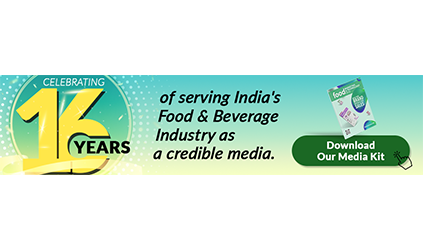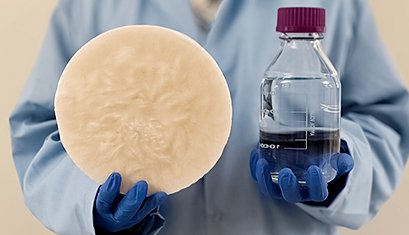This system transforms these everyday biomass into “molecularly functionalized biomass hydrogels” that harvest water directly from the atmosphere.
“This material gives us a way to tap into nature’s most abundant resources and make water from the air—anytime, anywhere,” said Weixin Guan, the lead researcher of the study.
“With this breakthrough, we’ve created a universal molecular engineering strategy that allows diverse natural materials to be transformed into high-efficiency sorbents,” added Guihua Yu, a professor at Texas Materials Institute at UT Austin.
If we talk about the process, it is all about attaching thermoresponsive and zwitterionic groups to the materials. This makes them more responsive to temperature changes and improves their water absorption and storage capabilities.
Field tests have demonstrated that a single kilogram of hydrogel material can yield up to 14.19 litres (3.75 gallons) of water per day.
Also, the researchers have successfully demonstrated its effectiveness with cellulose, starch, and chitosan. This means that a wide range of biomass can be repurposed to produce clean water. This is what makes this innovation a particular solution.



